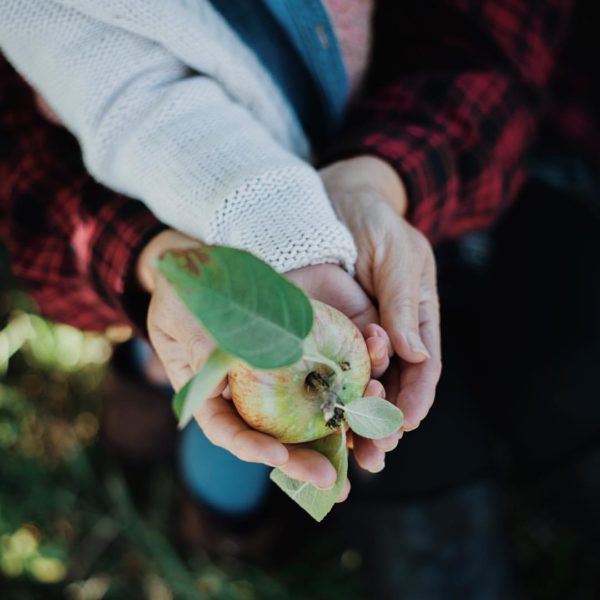
When we are dreaming of children, we wonder in anxious anticipation. Will my daughter look like me? Will my son love to read like I do? We might anticipate girls loving dance classes and boys playing baseball or boys loving dance classes and girls playing baseball. In our head, we plan fun family outings and imagine all the things that our life might contain when our children come along. When those dreams don’t happen the way we want, it’s difficult. If getting pregnant is harder than we expect, we grieve. If pregnancy doesn’t look as good on us as the next person, we grumble and sometimes say, “I am NEVER doing this again.” When things in life don’t go as we anticipate them, there is readjustment and many cries of “this is NOT the way it was supposed to be.” Some adjustments are quicker and easier, but some adjustments require much grieving to be able to adapt. When things don’t go as we wish in our head, we are forced to change our hope.
The beginnings of our boys’ lives were all we wished for. I got pregnant more quickly than we anticipated and flew through pregnancies with ease. I worked right up until both boys were born. I did not know what to expect with Griffin’s birth. I don’t remember much about it other than pushing for three painful hours. My mom remembers that G was stunned when he arrived. I remember much of Reese’s birth and it was perfect and beautiful. That was my hope. I wanted to see if I my body could do it without medications and with the help of my prenatal yoga class and doula, I did.
Griffin’s early years were all I hoped for. He was precocious, smart and so much fun. He was exasperating to parent much of the time, but we learned with each other along the way. We anticipate celebrating his high school graduation and entry into college. It is realistic to hope that he finds a career that he loves and feels passionate about. We can expect that he will find a partner to make a life with. We hope that we have many years of enjoying him as an adult and that he outlives both of his parents.
Reese’s life has been more difficult to hope for. His perfect birth was exactly what I hoped for and there was little indication that our hope for him would have to change. Then he started having seizures at two months of age. Not only “just seizures,” but infantile spasms, which are defined in the literature as “catastrophic epileptic encephalopathy.” I told our neurologist from the get go that anything we got developmentally was a gift. He had much more hope than I did, he still does, even after a diagnosis of mitochondrial disease. He expertly walks the line between reality and hope. I was right, though. Each thing we get is a gift.
I struggled so much with grieving the loss of everything normal. We had to give daily steroid shots to our 2.5-month old baby because that was the first line of treatment for infantile spasms. Our hope for him to sleep through the night was destroyed by ‘roid rage. I had to stop breastfeeding at 12 months, not to start solid foods, but to start a special diet we hoped would decrease his daily seizures. We hoped for stretches of days of calm brain and when none were to be found, we hoped for moments. With each milestone not met, my hope for a return to normalcy was disappearing. Everything I read told us we’d lose Reese before he was three. What does a mom hope for when it feels like there is no hope?
I posted about my lost hope on Reese’s Caringbridge page looking for words of wisdom from women who had walked this path before me. My answer came in an email from my friend Anne… “Nena, you do have hope…not for a cure – and that is so unfair because I think once upon a time both you and I probably did have hope for a cure. But you have hope for Reese to have a worthwhile and meaningful life – no matter the length. And YOU and your family and team are authenticating that hope day after day. The circumstances are harsh and unfair and unjust and you will never be resigned or feel ok about the hand that Reese has been dealt. But you are choosing to make his life matter. But what I read about is a mom who acknowledges all her hurt and sorrow but still chooses to smile at the smallest ray of sunshine.”
I had to learn to change my hope for him and I realized that by assembling his village, we were hoping for him again. He is now 10, almost 11. Still, anything we get developmentally is a gift and much of our life revolves around caring for him. Our hopes for Reese are so different than those we ever had for his brother. My hope for Reese is that he is surrounded by people who love him and that when his time here is done, I hope that his life has made a difference somewhere to someone.
Grow Hope. My favorite t-shirts say that. Those t-shirts will someday make a beautiful quilt. Growing hope means adjusting hope to fit the child, the situation, what a person is given. Ours is an extreme case, we can’t hope for anything typical with Reese. We have had to constantly change and simplify our hope for him, which in turn has allowed us to more easily change our hope for Griffin based upon what he shows us he is passionate about. Yes, I wish he would grow up, become a doctor and find the cure for mitochondrial diseases, but if he finds a career that he loves as a mechanic or a professional snowboarder, that’s okay too.
Ten years ago, I never imagined we’d be here, still caring for our sweet boy. We cannot predict where Reese’s life will go, so we treat each day, even the hard ones, as a gift. He has taught us many lessons. I hope that many years from now, when my house is empty of the hum of medical equipment and the buzz of a teenager and his friends, I will curl up with my Grow Hope t-shirt quilt, that I will have made, and can give thanks for the lessons that both my boys taught me. Hope grows. Hope may have to change, but there is always hope.












Thank you for the heart-felt perspective and lessons. Thanks for showing us how to be strong, wise, and gracious in all life’s circumstances.
Thank you for the kind words, Sarah.
This was beautiful…each blog I read gives me insight into what women are going through and I appreciate that. It is important for people to see that we can live our “imperfect” lives with strength and grace. Thank you!
Thank you Carol. It’s hard to write about our life, it feels really dramatic and I am not a drama lover. We all just do the best we can. 🙂
This is so true. Both my children have special needs. Doctors thought it was mitochondrial but thankfully it is not. Not sure what it is but i dont care as long as they are healthy. I am thankful for my children and although it is extremely tough and i had to greive a lot of “ideas” still do… we enjoy they things they enjoy even if its not the norm. Thank you for sharing.
Comments are closed.